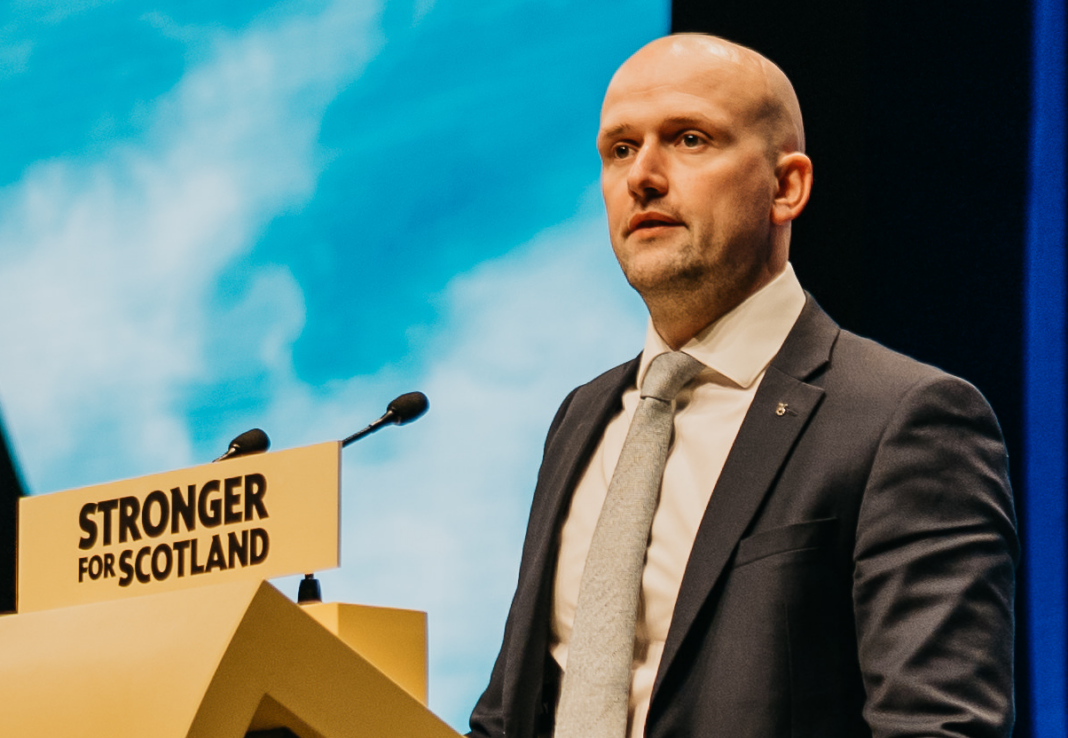19 MAY 2023 | NEWS
The leader of the Scottish National Party in Westminster, Stephen Flynn, has said his party would be willing to support a future Labour government if given the chance to hold a new referendum on Scottish independence from the United Kingdom.
But his remarks may be in vain, as Labour has ruled out the notion of governing in coalition with the SNP in the event of a hung parliament after the next General Election, which is anticipated for autumn next year.
Mr Flynn said it was “time for Scotland’s voice to be heard in Westminster” during a podcast hosted by long-time BBC political journalist Nick Robinson. The party already has 45 seats in the House of Commons.
He added: “We’re not here to be in government. We are here to secure concessions in relation to devolution.
“We need to be saying to the Labour Party: why don’t we devolve energy policy policies on migration, on the Single Market access like Northern Ireland has, but then also why don’t we devolve those powers over Scotland’s constitutional future as well?”
Commenting further on Labour’s policy stance, Mr Flynn said he thought his party may need to “drag [them] to a position which is much more progressive and beneficial – not just for people in Scotland, but people right across the UK”.
Appearing to prefer a result that leaves the General Election result uncertain, he further added: “A hung parliament affords us the opportunity for Scotland to be empowered.”
The news comes amid the aftermath of this month’s local council elections, in which the governing Conservative Party lost over 1,000 seats, while the opposing Labour Party gained over 500 and the Liberal Democrats over 400. It is typical for an incumbent government to lose council seats to opposing parties during an election cycle while it is in office, however.
The concern in Westminster remains what the overall composition of the House of Commons would look like following the next General Election. As it stands, Labour would most likely be the largest party, but may struggle to command an outright majority.
It is in this context that Mr Flynn made his comments around the conditions his party would set for a willingness to support Labour into power. However, Labour leader Sir Keir Starmer has already said he would not work with the SNP even in the event of a hung parliament, owing to a “fundamental disagreement” over Scottish independence.
Sir Keir has not ruled out a coalition government with the Liberal Democrats at this stage, although the latter party had already said it would not wish to enter one at the last General Election. The Conservatives have also explicitly ruled out a coalition with any other parties, including the SNP.
Prime Minister Rishi Sunak, in keeping with his party’s traditional stance, has been steadfast in refusing to allow another referendum on Scottish independence to be called, saying: “Scotland had a chance to express their view”.
At Prime Minister’s Questions on Wednesday, Mr Sunak told the House that the Leader of the Opposition was “busy plotting coalitions”, while his own party was trying to get on with running the country.
This is in reference to the 2014 referendum held on the matter, in which 55 percent of the Scottish electorate voted No, compared to 45 percent Yes.
Under the Scotland Act of 1998, the matter of independence is not devolved by default – the power to hold a referendum on the topic remains with the UK Parliament.
The latest opinion poll conducted via Opinium shows a slight Conservative recovery by 3 points recently, but that there remains a strong lead for Labour if a General Election were to be held tomorrow.

























